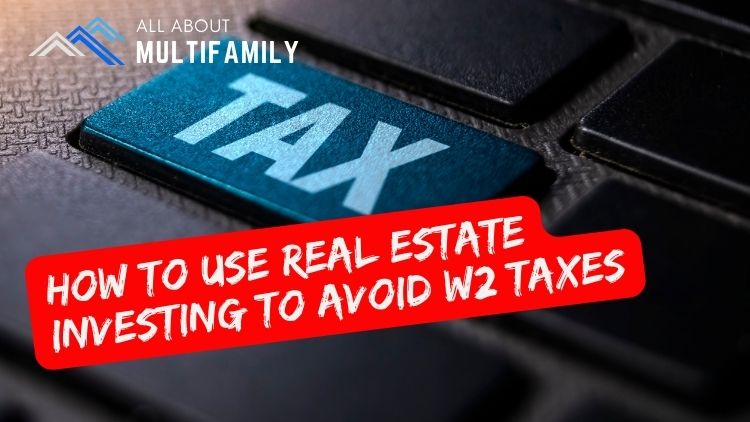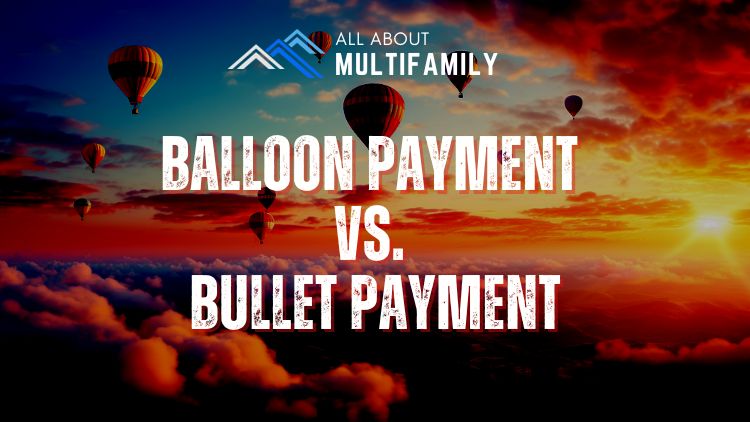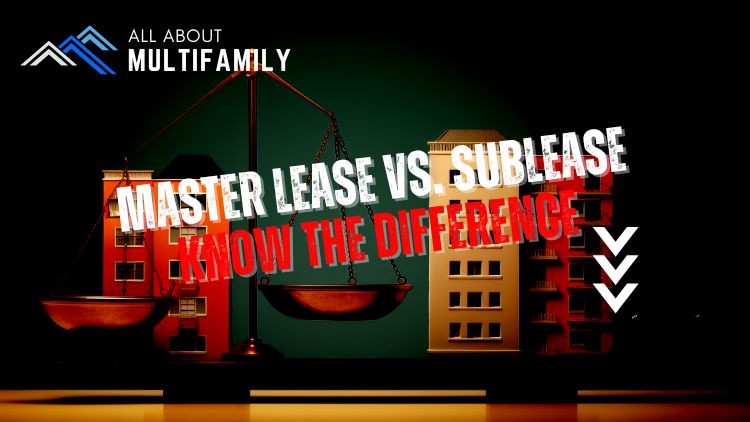Charging a pet fee from apartment tenants can be a topic of debate, and there are both pros and cons associated with implementing such a policy. Let’s take a closer look at the potential advantages and disadvantages:
Pros:
- Additional Revenue: Charging a pet fee can provide a source of additional income for landlords or property management companies. This revenue can help cover the costs of maintenance, repairs, and other expenses associated with managing the property.
- Mitigating Risks and Damage: Pets can sometimes cause damage to rental units, such as scratches, stains, or odors. A pet fee can serve as a way to offset potential repair or cleaning costs that might arise due to pet-related incidents.
- Screening and Liability: Requiring a pet fee can encourage tenants to be more responsible in their pet ownership choices. It can also provide an opportunity to screen pets for aggressive behavior or potential risks, which could help prevent conflicts among tenants or incidents on the property.
- Attracting Pet-Owning Tenants: By allowing pets and charging a pet fee, you can attract a larger pool of potential tenants who own pets. This can be especially valuable in markets where pet-friendly housing is in demand.
Cons:
- Tenant Discrimination: Imposing a pet fee might discourage pet owners from applying for a rental unit, leading to potential tenant discrimination. This could limit the pool of prospective renters, especially in areas where pet-friendly housing is scarce.
- Complexity and Administration: Enforcing and managing a pet fee policy can be administratively challenging. Landlords might need to keep track of pet-related paperwork, verify vaccinations, and address disputes over damages that are attributed to pets.
- Higher Vacancy Rates: In areas where pet-friendly rentals are rare, imposing a pet fee could lead to higher vacancy rates. Tenants with pets might opt for other housing options to avoid the additional financial burden.
- Negative Tenant Relations: Tenants might perceive a pet fee as an unnecessary or unfair expense. This could create tension between tenants and property management, potentially leading to negative reviews, disputes, or even early lease terminations.
- Inconsistent Application: Enforcing a pet fee policy might be difficult if not consistently applied to all tenants. Discrimination claims could arise if certain tenants are exempted from the policy while others are required to pay.
- Varied Costs: Determining an appropriate pet fee can be tricky. The fee might not accurately reflect the actual costs associated with pets, and it could be seen as arbitrary or unreasonable by some tenants.
In a poll conducted by Ira Fishman on LinkedIn, 85% participants said that it is a good idea.

In conclusion, whether charging a pet fee from apartment tenants is a good idea depends on various factors, including local market conditions, tenant demand, and property management capabilities. Landlords should carefully consider the potential pros and cons and weigh them against their specific circumstances before implementing such a policy. If choosing to charge a pet fee, transparency in explaining the purpose of the fee and clear communication with tenants can help maintain positive tenant relations.



































![An In-Depth Look at Jake and Gino's Coaching Program [A Review]](https://allaboutmultifamilyinvesting.com/wp-content/uploads/2023/10/AAM-BMP-Blog-Covers-750-×-422px-6.jpg)


![Email Marketing Tips for Multifamily Real Estate Syndicators to Raise Capital [Templates included]](https://allaboutmultifamilyinvesting.com/wp-content/uploads/2023/09/AAM-BMP-Blog-Covers-750-×-422px-4.jpg)






![The Richest Kids In America [Book Review]](https://allaboutmultifamilyinvesting.com/wp-content/uploads/2023/09/AAM-BMP-Blog-Covers-750-×-422px-84.jpg)




















